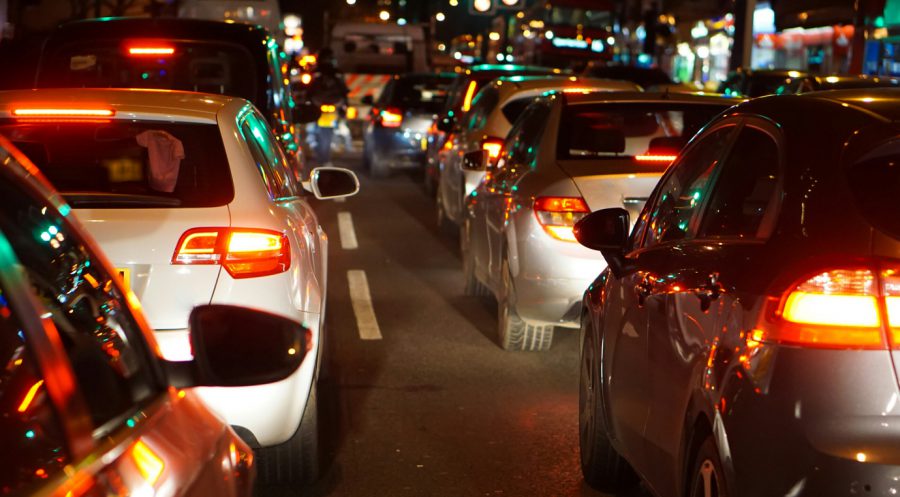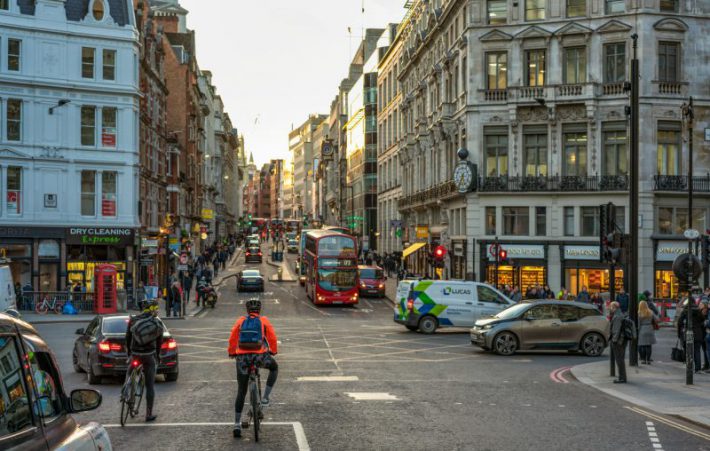
If you thought the roads were crowded at the moment you haven’t seen anything. That’s according to a leading think thank which has investigated the future of transport in the UK. The Institute for Public Policy Research (IPPR) forecasts that by 2050, there will be millions more cars on UK roads but less space to accommodate them. The good news is there could be a fall in motoring costs. Read on to see what changes we can look forward to.





